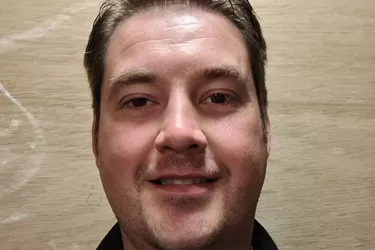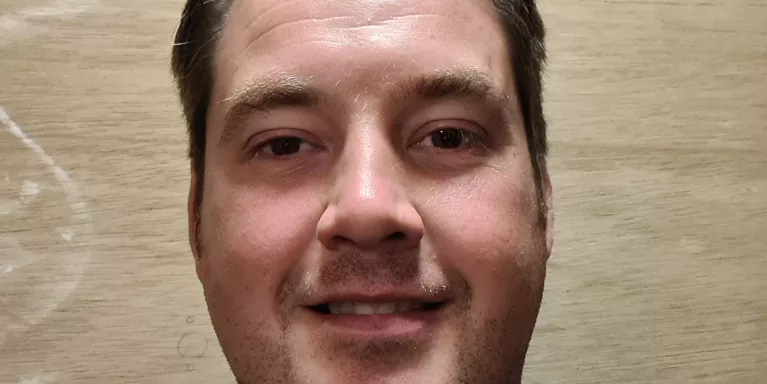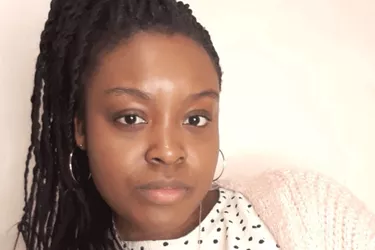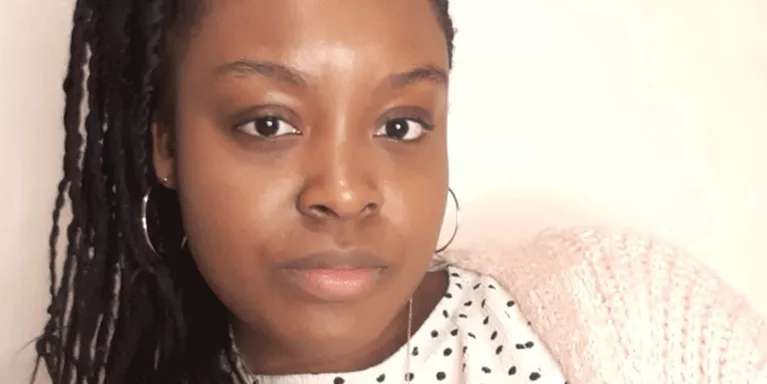How social prescribing helped me get back to myself
David, from Merthyr Tydfil, describes how his experience with social prescribing helped him gain perspective and get back on track.
Last year I was in a terrible state. I was extremely down and turning to alcohol in such a way it was becoming a massive issue, which very nearly ended up in divorce and losing my beautiful family.
At 39 years of age, I was extremely comfortable in a strong relationship. We were coming up to 10 years and had two beautiful children. In a secure, well-paid job and recently having moved into our dream family home, I had all I had ever dreamed of. Then, for no apparent reason, I was suddenly very lost.
Now, I know I had had quite a traumatic few years. My dad had been diagnosed with and then beaten, prostate cancer. My mother, the glue to our close-knit family, had lately suffered from anxiety and panic attacks. My 41-year-old sister had a near-fatal brain haemorrhage and stroke, and my wife had been diagnosed with chronic fatigue syndrome.
I was the person holding the family together and did all the running around. I was the strong one.
I didn’t think it affected me, but as everybody else around me was recovering and getting better, I became withdrawn. I lost a grip on things. It affected my relationship with my wife and kids in a massive way, to the point of constantly shouting at them and not being the good husband and dad I had always strived to be. Being a usually confident person, I had hit a low point, lost all confidence in myself and drank the days away, clearly trying to mask something.
I had time off work with stress and anxiety issues. I was on a very slippery slope and getting further down said slope at a rapid speed. I was scared. I was a few steps from losing it all.
I was not the sort of man who ever thought I needed help, so it took a while and a bit of convincing, but I reached out and contacted Mind. I decided to try their social prescribing programme.
Social prescribing connects you with a link worker who talks you through how you’re feeling, what you’re going through and what might help your wellbeing. They then help you find services that might help and support you with getting started.
When I spoke to my link worker Mike, I laid it all out and was very honest about my issues. It was a bit scary at first, but I realised being completely open and honest was the only way to resolve my problems. Mike was fantastic from the start; he listened with a friendly ear and didn’t judge me.
It was instantly like speaking to an old friend, and he asked all the right questions to get me to open up.
Social prescribing helped me put a lot into perspective. Over months and regular chats, Mike helped me find my confidence again. He gave me goals and made me feel like normal life and feeling good about myself was achievable again. He helped me find myself and gave me information on a local drug and alcohol team and some local specialist charities who could provide additional learning, coping skills and support. Through our conversations, I also realised that I’d been neglecting my physical health, so Mike signposted me to wellbeing options such as mindfulness and meditation, plus the likes of RED January and other fitness websites to get some ideas inspiration from them.
We still have chats which I very much look forward to. Our catchups help me stay in the good place I found and keep me positive.
As somebody who was always sceptical of services like this, I would urge anybody in a similar position to myself to reach out and talk.
A problem shared is a problem halved. Don’t be scared to open up. It is the most helpful thing you can do for yourself -and in my case, my family.
David lives in Merthyr Tydfil with his wife and children. Alongside coaching his son’s football team and captaining a local pool team, he enjoys cooking and watching sport.


Information and support
When you’re living with a mental health problem, or supporting someone who is, having access to the right information - about a condition, treatment options, or practical issues - is vital. Visit our information pages to find out more.
Share your story with others
Blogs and stories can show that people with mental health problems are cared about, understood and listened to. We can use it to challenge the status quo and change attitudes.















